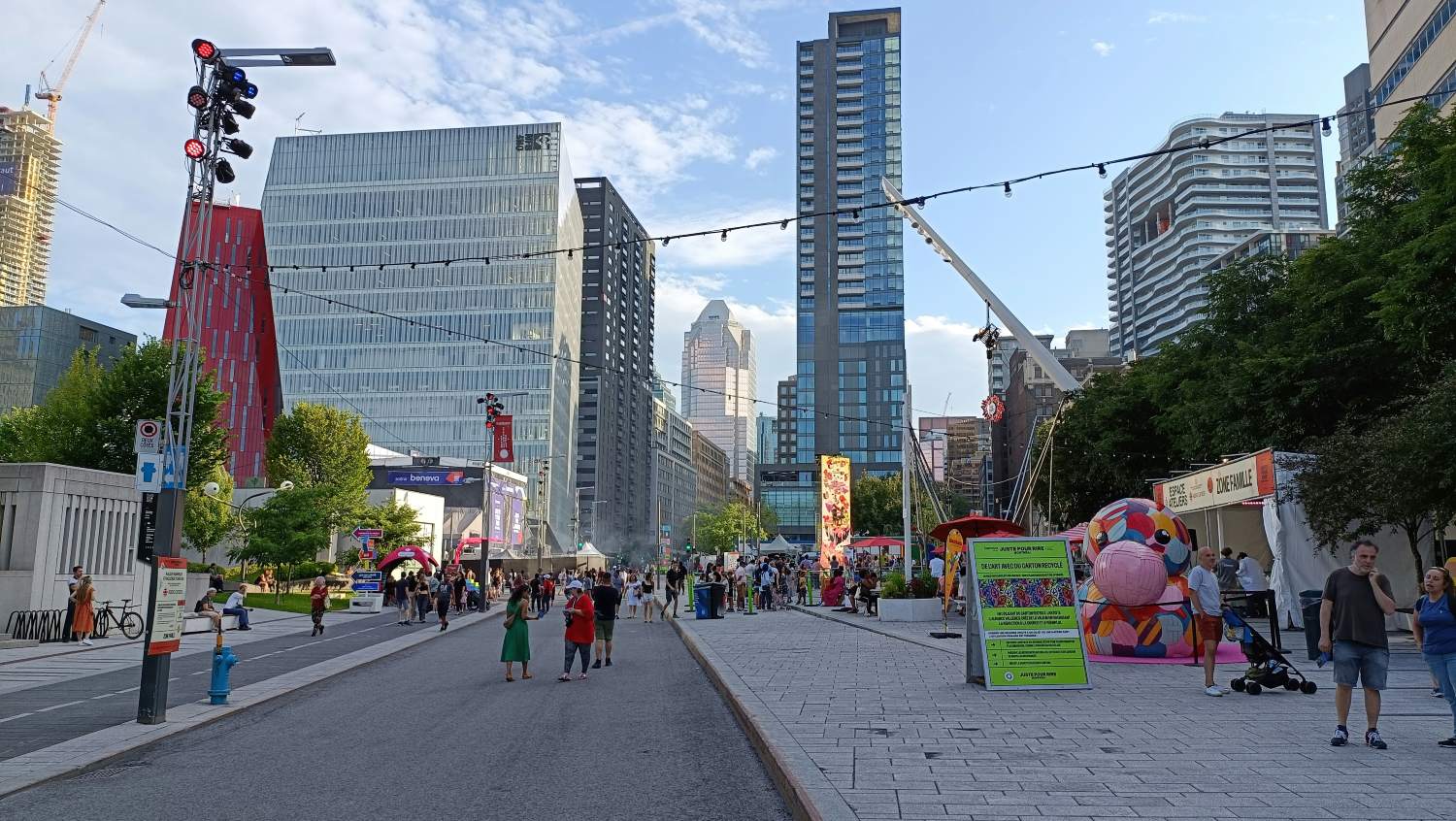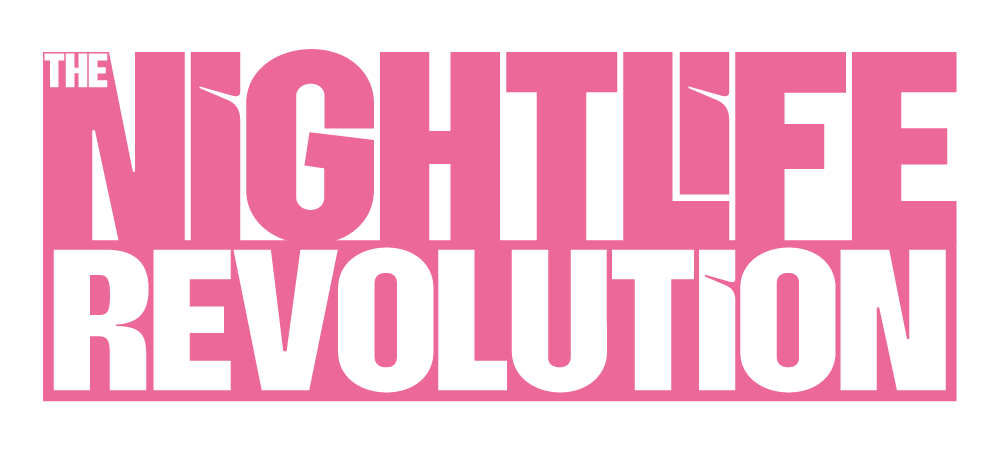The Government has announced an overhaul of planning and licensing rules which will benefit city-centre bars and music venues. Long-standing venues will receive new protections from noise complaints.
The Government are attempting to improve city-centre hospitality options by relaxing licensing. Long have new business owners struggled with licensing in regards to establishing a café, bar or music venue – these changes aim to make setting up a hospitality business easier and faster.
The changes will focus on the cost of planning, reducing the complexity of the process, removing barriers and increasing the speed of permissions being granted. Zones dedicated to hospitality growth will be introduced, creating hubs for city centre goers to experience new food and cultures. Entrepreneurs and business owners looking to expand will be happy to hear that from now on, they should face fewer forms and see faster decisions.

What is the National Licensing Policy Framework?
The Government explains the documents as a policy that will “modernise outdated planning and licensing rules – cutting the cost complexity and time it takes to open and operate hospitality venues.”
The aim is to standardise the process for securing planning permission and licenses. At present, local rules and challenges by Councils pose an extra barrier to successfully establishing a hospitality business; so by simplifying, nationalising and reiterating the rules, it’s hoped that the process will be much smoother.
Currently it can take well over a month for a new venue or business to obtain an alcohol license. A key part of the process is a 28-day consultation period. Anybody is able to object to the proposal, invariably making the process longer and more arduous. The application may go to a hearing, which again takes another month to receive a date, and then there is a timeframe for the authority to process your application. All in all, successfully receiving the necessary licenses to run a bar café or music venue (such as music, television or alcohol license) takes far too long. However once a business does receive its license, it can start trading instantly.
How will the new reforms tackle noise complaints?
Noise complaints have been a rising issue for urban nightclubs bars and nightlife venues. There have been many high-profile cases in recent memory of nightlife businesses facing closure due to noise complaints from nearby residents – even though the venue had existed far longer than the freshly-built block of flats housing the complainers. The Music Venue Trust’s Annual Report evidenced that one music venue closes due to noise complaints every two weeks!
Under the new reforms, longstanding pubs, clubs and music venues will be better protected from noise complaints by new developers. Reforms will include a necessity for developers to soundproof their buildings. Developers taking more responsibility on the living quality of their buyers and renters should help to reduce the rows between nightlife business owners and tenants.
In recent memory we’ve had Night And Day in Manchester successfully battle through a three-year noise abatement row, permitted to open as a nightclub with noise restrictions. Moth Club in London is the most recent music venue to feature in headlines around noise complaints and neighbouring developments. There is even a map, produced by The Londoner, which illustrates every venue affected by a major noise complaint this year.

What are hospitality zones?
A large part of the Government’s plan for improving urban hospitality is to introduce hospitality zones. These areas will receive advanced permissions for street parties, outdoor and pavement dining, as well as extended opening hours. The intention is to benefit local hospitality venues, increase capacity and revenue, and benefit the vibe of the local surroundings.
The Government has introduced this new project alongside the preexisting High Street Rental Auction Scheme which sees councils auction off leases to vacant commercial properties. Post-COVID many retailers and high street businesses vacated their premises due to rising costs. Offering these spaces up to hospitality entrepreneurs should produce ideal community hubs.
A good start, but more is needed
These changes are expected to be delivered as soon as possible – so keep a close eye on NDML’s news feed and subscribe to our newsletter. The reforms are a large part of the Government’s Plan For Change, which includes a targeted 25% save on regulation administrative costs.
For pubs and clubs, the news is positive – however for noticeable change to take place, more is needed. The BBPA watchdog organisation has estimated that 378 pubs will close in 2025, which equals over 5,000 job losses. Business rate relief, VAT changes, beer duty, and employer responsibility costs – each of these challenges have been accentuated by Government decision making post-pandemic. Indirect impacts, including rising energy costs, the cost of living crisis, and the poor late-night transport infrastructure are all preventing customers from going out. Consumer trends are backwards and more needs to be done to relieve cost pressures on pubs, so they can work on improving the footfall at hospitality venues.
The Nightlife Revolution is a movement sponsored by NDML that advocates for the survival and prosperity of our nightlife and hospitality sectors. Learn more about the campaign and how you can get involved and share your opinions.

